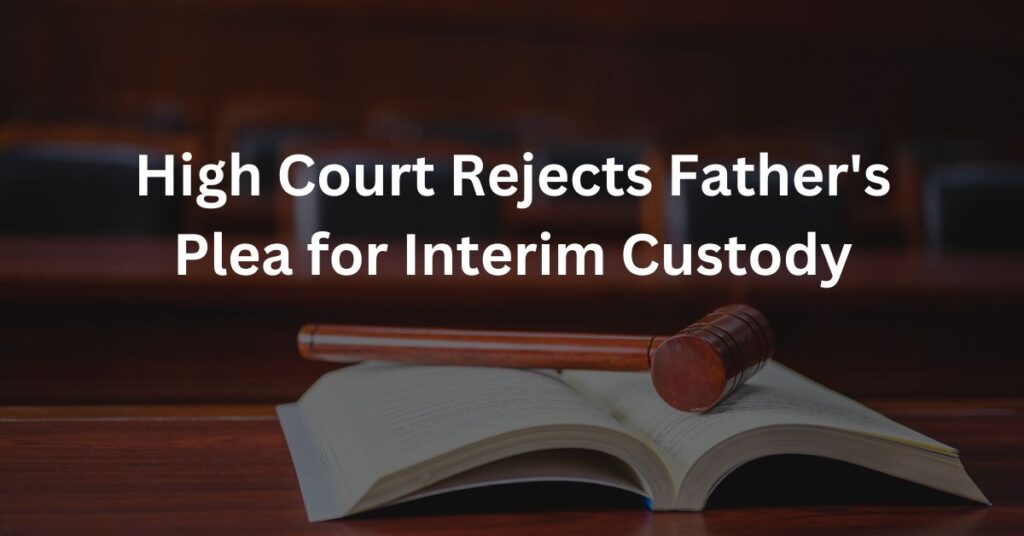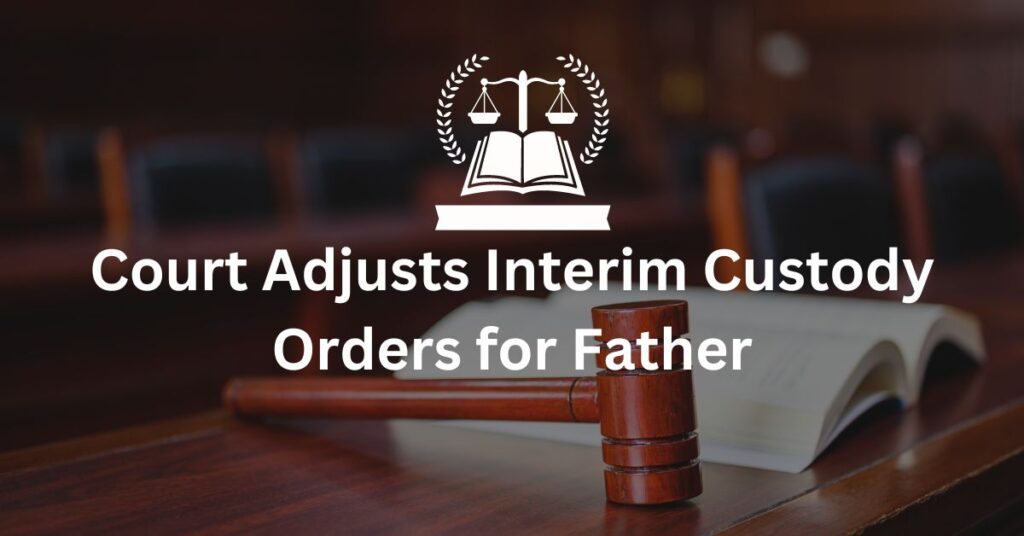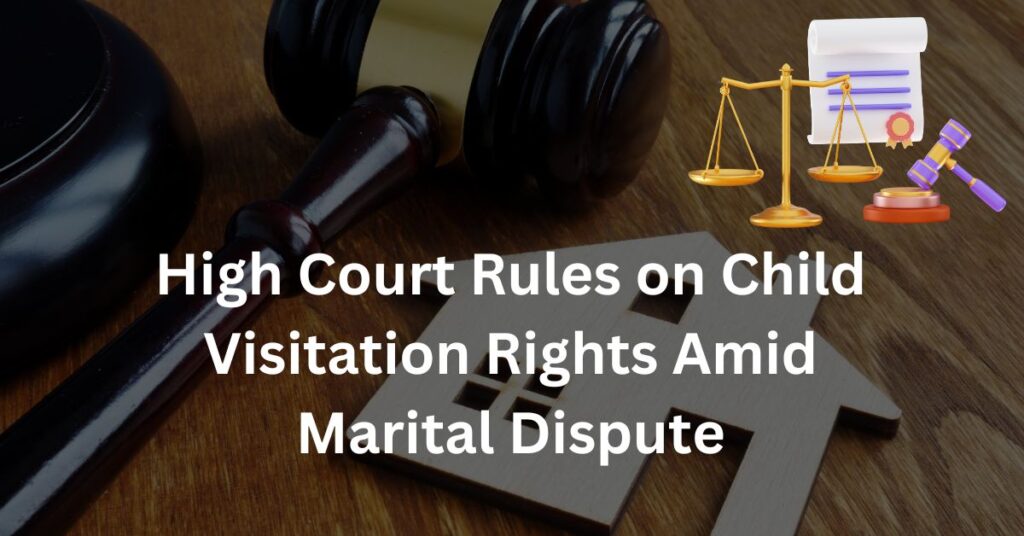In a recent legal development, the Kerala High Court issued a crucial decision regarding child custody during the Dussehra holidays. The case, titled O.P. (FC) No. 616 of 2023, addressed the matter of a child’s custody during this festive season. This article provides a detailed overview of the court’s ruling.
Table of Contents
ToggleBackground
The case originated from an original petition filed under Article 227 of the Constitution of India. The petitioner, the child’s mother, submitted the petition as I.A.No. 35/2023 in G.O.P.No. 189/2022. The key issue revolved around Ext.P11, an order dated 26th August 2023. This order had granted the father’s application for interim custody of the child. Notably, the GOP was filed by the father, who sought permanent custody of the child. The mother, through I.A.No. 36/2023, had requested an exemption from producing the minor child before the Family Court. Ext.P11 order addressed these applications and set the stage for the legal proceedings that followed.
Custody Claim
G.O.P.No. 189/2022, which was filed by the father, claimed permanent custody of the child. It also included a concurrent application, I.A.No. 35/2023, seeking interim custody. The petitioner, the father, and the respondent, the mother, had previously dissolved their marriage through a foreign judgment. Following the dissolution, both had remarried. The respondent, residing in Bangalore with her second husband, raised several objections.
She contended that the petitioner, her former husband, had also remarried and had three children from his new marriage. She further argued that the petitioner lacked love and affection for the minor child. Additionally, she expressed concerns about the child’s mental well-being, stating that he was frightened to go to his father. In a significant development, the child had been diagnosed with oppositional defiant disorder (ODD) at NIMHANS, Bangalore. The medical diagnosis recommended that the child should not be sent to unfamiliar places, as it could adversely affect his mental condition. Consequently, the primary contention was that the petitioner/father should not be granted interim custody of the child.
The Court's Verdict
Ext.P11 order, which addressed both custody applications, concluded with a solution. It stated, “The request of the petitioner to get custody of the child cannot be rejected in toto. The Dussehra holidays in Bangalore start on 15th October (Navaratri) and last until 24th October (Vijayadasami). There will be enough time to prepare for travel from Bangalore also. The custody of the child can be granted to the petitioner on those holidays.”
The respondent/mother, however, was not in agreement with this decision and subsequently lodged an appeal. The case returned to court for further review. The mother’s legal counsel passionately argued that the child was suffering from ODD and had always been under her care since birth. They contended that the child had developed a strong aversion to his father, and sending him to live with the father would harm his mental well-being. The court considered these claims, as well as previous orders allowing overnight stays with the father.
While the mother’s counsel argued that the child’s mental health had deteriorated due to these stays, the court found no infirmity in Ext.P11 order. The court emphasized the importance of love and affection from both parents in reducing the child’s behavioral issues, supporting the custody decision.
Clarification on Dates
To provide clarity, it was noted that the child’s Dussehra holidays in Bangalore for 2023 are scheduled from the 20th of October to the 24th of October. As a result, it would not be possible to adhere to the direction in Ext.P11 order, which called for the handover of the child from the 15th to the 24th of October. The court’s verdict clarified that the child should be handed over to the father during the Dussehra holidays, whichever dates were applicable.
Conclusion
The case of O.P. (FC) No. 616 of 2023 underscores the complexities and sensitivities involved in child custody disputes, particularly in cases where remarriage is a factor. The court’s decision highlights the importance of considering the child’s emotional well-being and the need for both parents to actively participate in their upbringing. This case sets a significant precedent in Indian family law and emphasizes the shared responsibility of parents even after the dissolution of their marriage.
Download Judgment
Click above to download this Judgment in the case titled O.P. (FC) No. 616 of 2023. It can serve as a valuable resource for legal reference.



